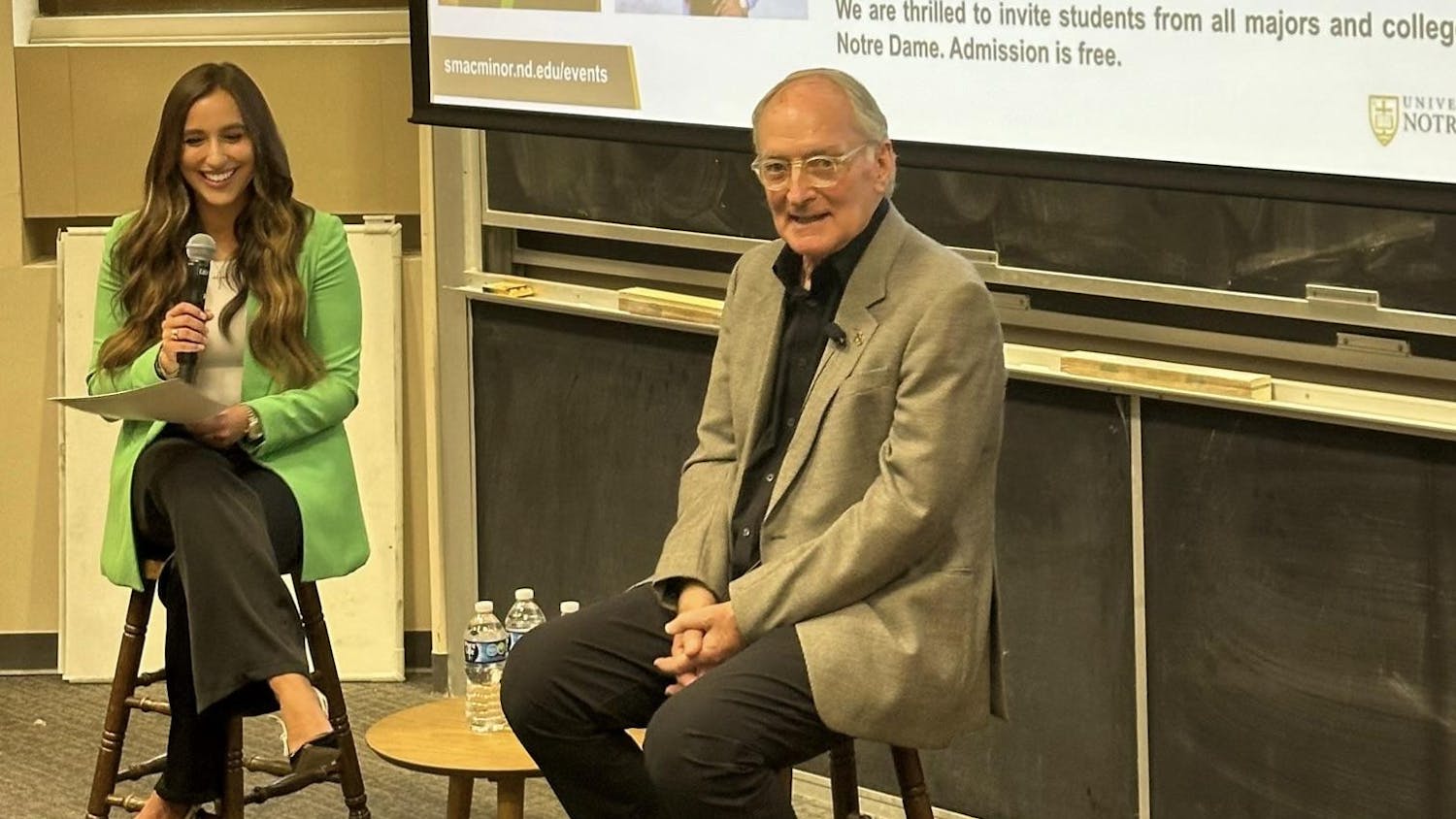The mainstream sports media in the United States devotes little attention to its own soccer league. Major League Soccer (MLS) is at best fifth in the ranks of American professional sports leagues, behind the NFL, MLB, NBA and NHL.
Many soccer fans in the United States probably couldn't tell you much about the current state of the MLS. But with barely over two weeks until the league starts, it faces a potential crisis as a player strike looks increasingly likely, and it’s time it got the nation’s attention.
The MLS’s structure sets it apart from just about every other soccer league in the world. An MLS franchise can’t face promotion, another promotion, relegation, a third promotion and a second relegation all within 15 years like my former hometown club, Reading FC of the English Football League Championship, has. If soccer’s supposed “next big thing”, Martin Odegaard, had been born in North Carolina instead of Norway, he would have been drafted by the MLS team with the worst record last year, not bought by European champions Real Madrid. And — currently the source of the players’ dispute with the league — players have no freedom to move to the franchises they wish to join as free agents.
If you’re a fan of pro baseball, football, basketball or hockey, a lack of free agency should sound just as foreign to you as it does to me and other fans of European soccer. Free agency is a crucial part of all sports leagues. Nearly 10 million people tuned in to watch LeBron James’s famous “Decision” in 2010 to take his talents to South Beach. But if he had chosen soccer, James would simply have been drafted to a new team if he had tried to move.
It’s not the big names of the MLS who are demanding change, though. For players like Robbie Keane, David Villa and future arrival Steven Gerrard, the league is competing with teams in Europe and will make sure to pay whatever it takes to attract some of the game’s stars. But for the average player, there’s no competition, players don’t get to test the market and the gap it's creating between the big and small names of the MLS is sure to hurt American soccer’s hopes of long-term growth.
While aging foreign players in America earn millions of dollars every year — former Brazil international Kaka earns over $7 million — the vast majority of the league's players are lucky to see much more than $100,000 per year. The international stars often aren’t even much better than their lower-paid counterparts: Tim Cahill’s $3.6 million contract wasn’t enough to ensure he kept his starting spot towards the end of last season. The big names attract attention, for sure — I first tuned in to the MLS when David Beckham arrived in 2007 — but what the league needs now isn’t more big names, it’s a nurturing of its homegrown players.
If soccer in the U.S. hopes to continue to grow in popularity, it will be through the national team. That means the MLS needs to start thinking about how to give American players opportunities to shine in their own league, and that means offering them the freedom international stars get in regard to choosing clubs. The United States’ World Cup success came in part due to the surprising success of MLS All-Star defenders Matt Besler and Omar Gonzalez. These players might not be superstars, but they are the type of players who are needed if soccer in the United States is ever going to reach the levels it occupies in Europe.
The MLS claims its restrictions are in place to prevent the league from collapsing like the North American Soccer League (NASL) did in 1984. The fear is that free agency will lead to teams overspending on players and going bankrupt. But it was spending on big international names that caused the NASL’s collapse. What the players’ union wants is a change that will allow ordinary American players to rise to the top, and that’s exactly what U.S. soccer needs.
So as the start of the MLS season looms with little attention, let's hope we can see MLS players earn the right to move, and maybe soon ESPN will have to talk about soccer.













